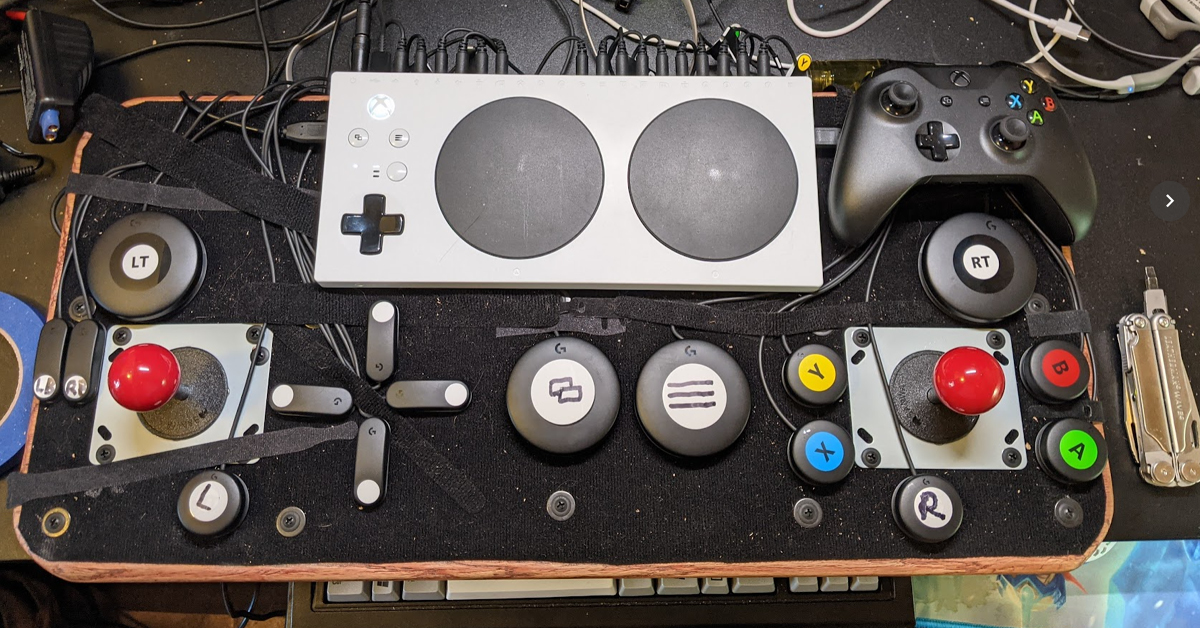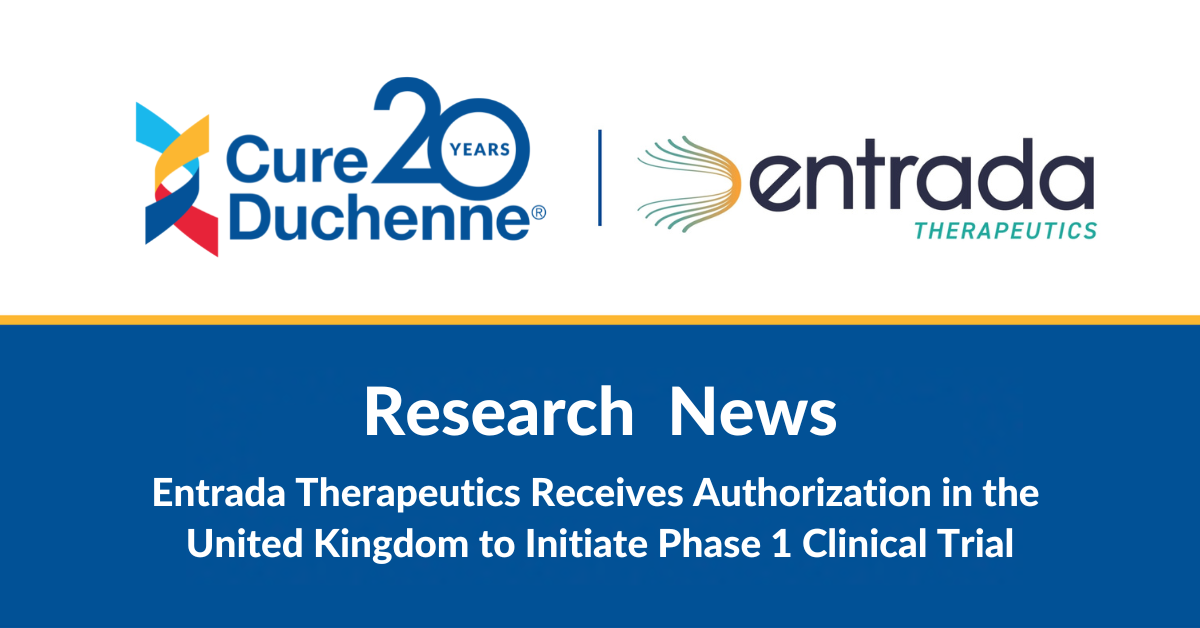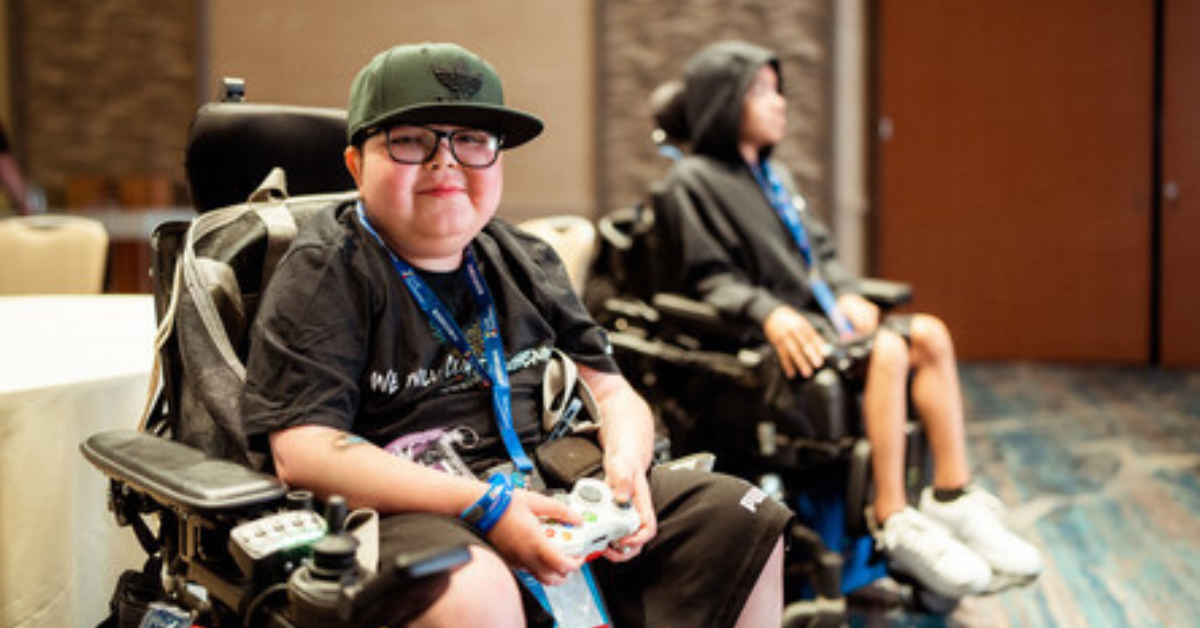World Muscle Society: Day 2 Highlights
Highlights from day two at the World Muscle Society meeting in Mendoza, Argentina, provided by CureDuchnne’s scientist, Dr. Mike Kelly.
Sarepta’s Gene Therapy Program:
Sarepta provided a much-anticipated update on their dystrophin mini gene clinical study. The latest data release reinforced the positive news reported earlier for the first three patients. Today’s data — for four patients at 270, 180, and 90-days post dose — showed consistent improvements in a number of important timed-function tests, as well as the North Star Ambulatory Assessment for each patient (see table below). Mini-gene protein levels, as measured by Western Blot, showed micro-dystrophin at a mean of 182% compared to normal – a surprising result that, no doubt, will be examined and reported on more closely.
So far, the consistency of the data is highly encouraging, and, combined with a favorable safety profile seen to date for the mini-gene (with 9 months of follow-up), we are looking forward to further analysis and data from more patients in this study.

Catabasis: Edasalonexent – NF-kB Inhibitor
The company presented their latest clinical results of their Edasalonexent treatment for Duchenne. The drug was designed to target NF-kB, a key molecular pathway associated with inflammation and fibrosis, as well as muscle degeneration in Duchenne.
Their Phase 2 MoveDMD open-label extension trial demonstrated a clinically meaningful slowing of disease progression, as measured by the North Star Ambulatory Assessment, and improved timed function tests (see slide). Supporting muscle MRI data was also presented. Edasalonexent was well tolerated throughout the study, with no significant safety signals or concerns.
These results set the stage for the company’s Phase 3 PolarisDMD registration study. This will be a 12-month, randomized, double-blind, placebo-controlled trial examining 100 mg/kg of Edasalonexent administered daily. Multiple sites are planned in the US, Canada, Israel and Australia.

Roche: RG6206 Anti-Myostatin program
The results from the Phase 1B/2 clinical with RG6206 in ambulatory Duchenne boys were presented. RG6206 is a fully humanized anti-myostatin adnectin antibody that was generally well tolerated during this study, with no clinically significant changes in safety lab parameters being observed.
Anti-myostatin target engagement was demonstrated, with myostatin suppression observed at all dose levels, with maximum myostatin suppression obtained at the highest dose. Imaging data (DXA and MRI) suggested that RG6206 was associated with increased lean body mass and muscle volume.
The 48-week open-label phase of this study has now concluded, and the patients are enrolled in the open-label extension phase.
A Phase 2/3 pivotal trial to evaluate the efficacy, safety and tolerability of RG6206 is now underway in ambulatory boys with DMD aged 6 to 11 years (NCT0309686).

Day 1 HighlightsDay 3 Highlights




